Description
As agricultural modernization continues to advance, water-saving technologies like drip irrigation, micro-sprinkler irrigation, and sprinkler irrigation are increasingly being used. Compared to traditional irrigation methods (such as surface irrigation, furrow irrigation, and flood irrigation), these are precision irrigation methods. To ensure the proper functioning and longevity of irrigation systems, centrifugal filters or mesh filters are typically used in large-scale field irrigation systems. These filters may be used in combination to achieve optimal filtration results.
Common models of centrifugal mesh filters include three-inch and four-inch types. The centrifugal filter and mesh filter are connected via flanges (with flange gaskets to ensure sealing). The system first passes water through the centrifugal filter to remove larger particles like mud and sand, and then through the mesh filter to capture finer particles. To further enhance agricultural management efficiency, centrifugal mesh filters can be used in conjunction with various fertilization devices (such as fertilizer tanks and fertilizer pumps), enabling integrated water and fertilizer management. This approach improves water resource utilization, reduces labor costs, and ultimately leads to increased crop yields and profitability.
After irrigation, it’s essential to promptly drain any water inside the centrifugal and mesh filters (both are equipped with drain valves) to prevent corrosion. The sand collection chamber should be regularly emptied, typically by opening the drain valve. The mesh filter should be regularly cleaned, and any damaged screens should be replaced to prevent clogging of the irrigation system due to filter failure.

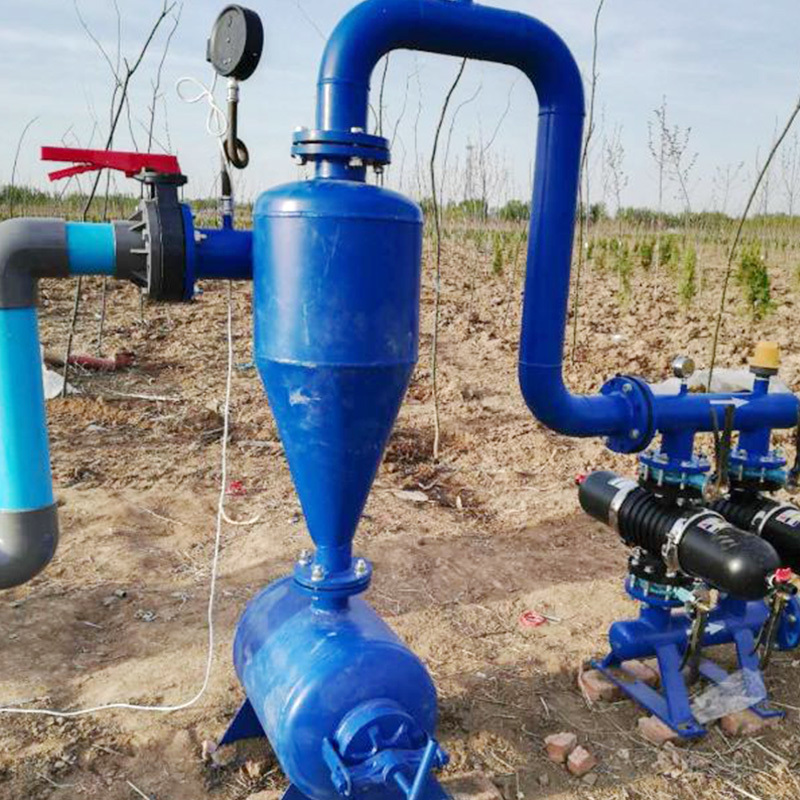
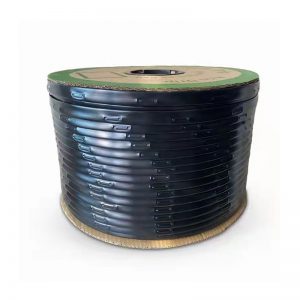
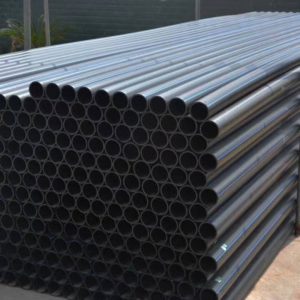
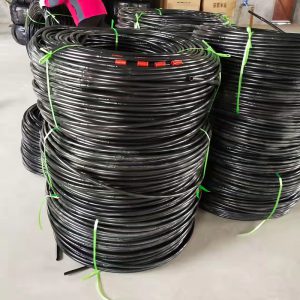
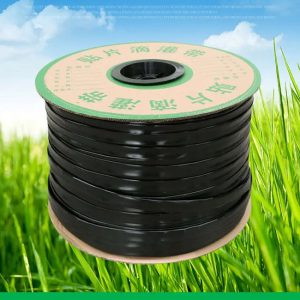
Reviews
There are no reviews yet.